Everything you need to now about cockatiel diet
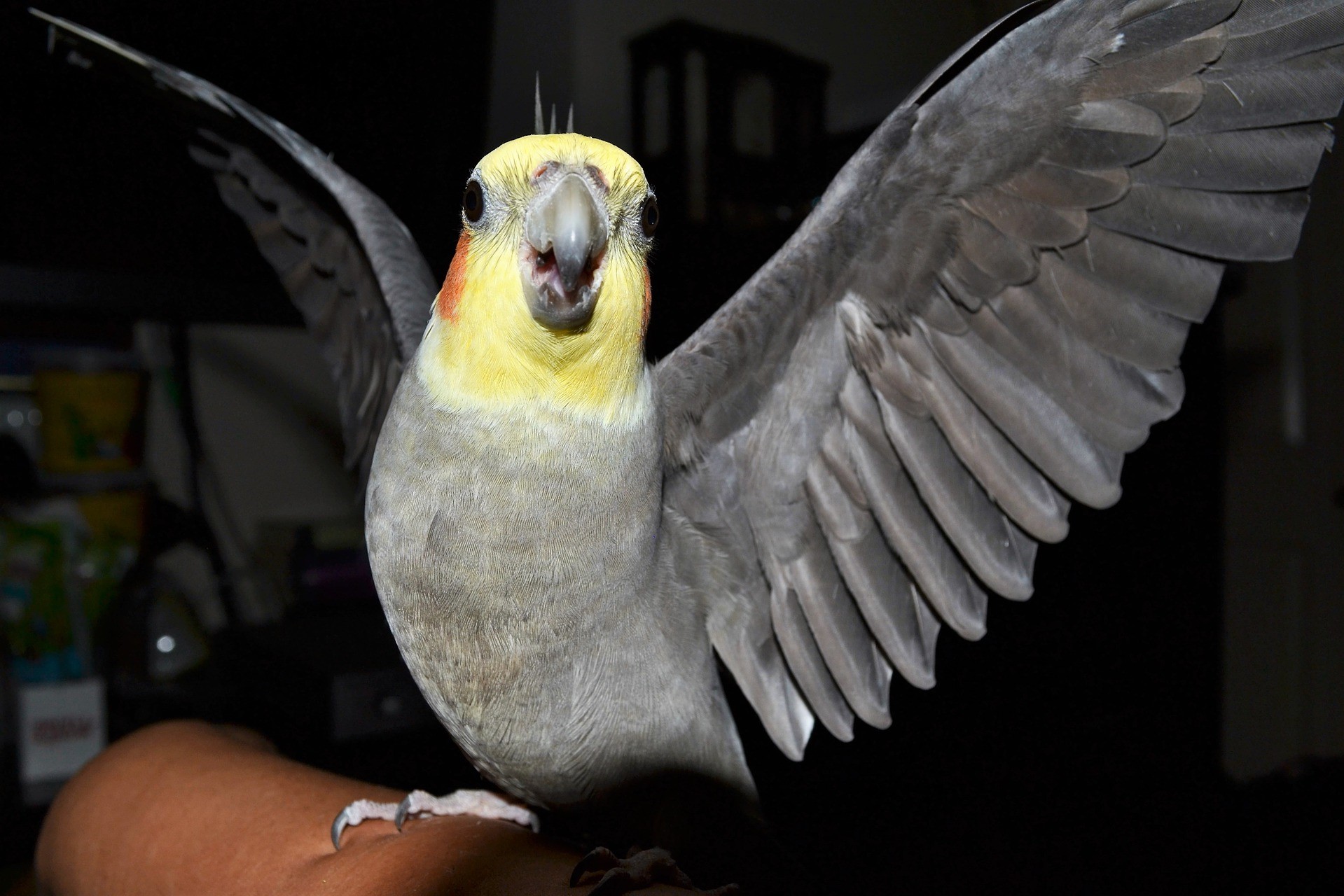
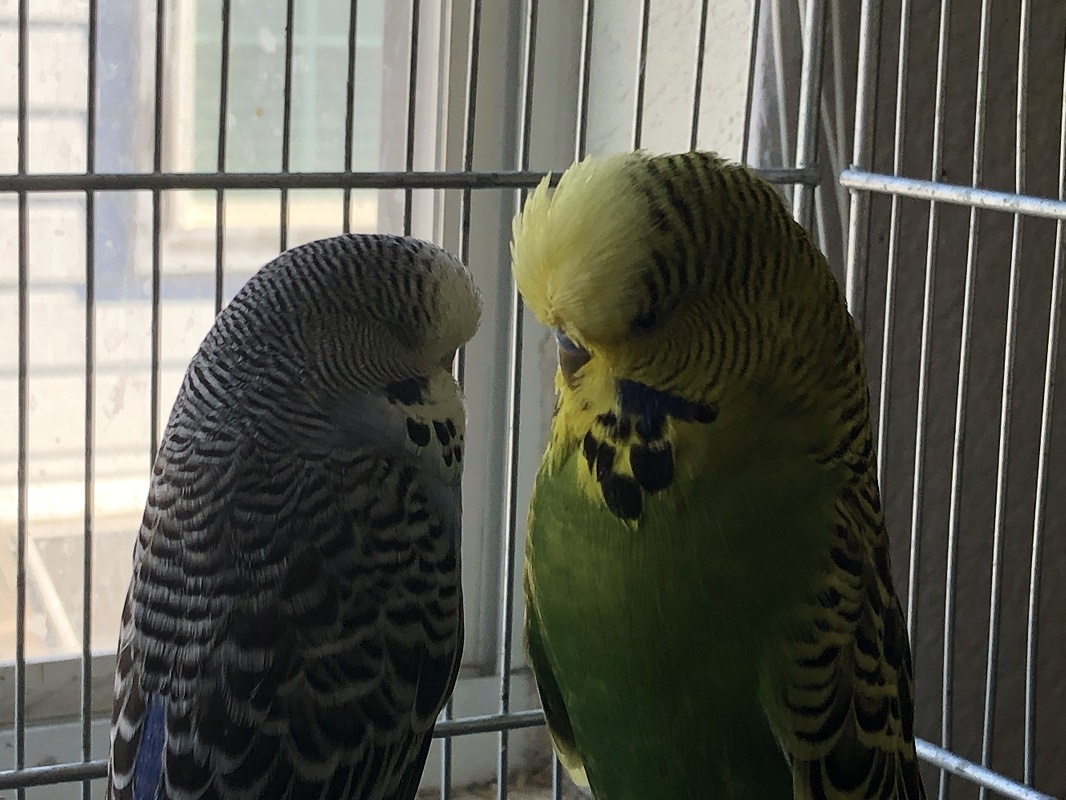
The health and vitality of your Cockatiel depends entirely on the right kind of diet.
The perfect diet not only means the right amount but also the right combination of
the essential nutrients required by your Cockatiel. We need to be even more
careful about the Cockatiel diet since we have removed them from their natural
habitat, from the lap of nature. Cockatiels in the wild are used to hunt for their
own survival just like the other species of the animal and bird kingdoms. Their
natural instincts make them choose the right nutrients in the wild. When we take
up their responsibility, we need to provide them with the complete quota of
nutrients required by them.
Meals complete with the right amounts of nutrients define a balanced diet. A healthy diet should contain food from all groups – proteins, carbohydrates, vitamins and minerals. Always remember, variety is the spice of life. The more varied food you give your Cockatiel, the less trouble it will give you at meal times. Cockatiel enthusiasts agree that a low-fat diet with balanced nutrient supplements is a definitely nourishing diet for them. However, a balanced diet only twice a week is ideal. Overdoing it or not doing it at all can both be fatal. A vitamin A veggies meal one day alternating with high protein mashes the next is one of the best ways of maintaining a healthy diet for your Cockatiel. Besides providing the right nutrients, this process has another purpose. You Cockatiel will not be able to reject the food blaming it on monotony. Mother Nature has an abundance of greens at her disposal to feed her colorful creations. A Cockatiel in the wild feeds on nourishing green plants, leaves, buds, springs, shoots, blossoms, and stems. Other favorites include nuts, seeds, fruits and berries. Majority of the diet consists of fibrous green foods. Proteins from vegetable stuff and fats are not enough to enrich its diet. As a caring Cockatiel owner, you must look into the greens included in the diet. That is the key to keep your Cockatiel healthy. Owing to popular beliefs, we focus more on grains and seeds, overlooking the importance of greens in its diet. As an educated Cockatiel lover, be sure to provide one or two greens in your Cockatiel diet every day.
Introducing New food to your cockatiel:
Imagine this. Infused with total thrill and excitement, you decide to try new food with your Cockatiel. The first attempt fails. You think it’s natural. The second one fails too. So do all the following attempts. You realize your Cockatiel is one choosy and stubborn bird. It has no heart for your endeavours. What do you do?
Try feeding your Cockatiel with new food by offering it in the morning or at late evening. The following are some interesting ideas which you may employ to make your Cockatiel try new and unfamiliar food:
1. Start Young: It is always wiser to “catch them young”. Young Cockatiels are more flexible to change, while older ones get stubborn. Introduce your Cockatiel to new food when they are young, adventurous about life and obedient.
2. Familiar Settings: Just like soldiers are trained to fight on familiar grounds first, similarly introduce new food to your Cockatiel with other familiar delicacies. This will help your pet to try it sooner than without anything known and tested.
3. Tantalizing Treats: Mix treats and new food in a container. The idea is to come across the new food naturalyl with the treat. Sunflower seeds are absolute delights. Mix new food with them and watch your bird nibble the new food with the seeds.
4. Morning is the Best Time: An old Indian saying has it: hunger will make a tiger chew grass. Try the early hours of the day. With an empty stomach, a Cockatiel should be ready to eat anything. Try new food in the mornings. It should be a success.
5. Respect Their Preferences: In order to give new food, don’t force your bird. Like human beings, they too have their preferences. Some like to chew raw vegetables, some like hot food, while there are some who want their food cold. Respect these choices.
6. Disguise the Foods: Cockatiels, like human beings, are slaves of habit. Their bodies get used to specific timings. So, when it’s food-time, new food can be rejected. However, if you introduce new food some other time, say, by fastening it to the cage, your bird’s curiosity may be intrigued. It may start nibbling at it and, you never know, may begin to like it too.
7. Paint It Orange: Cockatiels are bundles of nature’s colors. They bring color to every owner’s life. So, give them brightly colored fruits and vegetables. They may be cooked or raw. Chop them into biteable pieces and watch them devour these delights.
8. Temptation Tricks: Seeing is believing. After all attempts have failed, try and convince your Cockatiel that the new food is phenomenally delicious by biting into it yourself. In more cases than not, your Cockatiel will be interested to try it after it notices you enjoying the fruit or vegetable.
9. Fresh Sprouts: Freshly budded seeds are a rich source of nutrition and nourishment. Before you begin with greens, give them seeds to make the transition slow but steady.
10. No Starving: Starving a Cockatiel for not trying new food is akin to killing it. It can develop behavioral problems due to this form of atrocity. DO NOT starve your Cockatiel. Think innovatively to introduce variety to your pet.
Seeds for cockatiel
A completely seed-based diet is best avoided. This is because of the following reasons. They do not provide complete nutrition. Secondly, seeds are full of fat. Such fatty foods are unhealthy and harmful for Cockatiels. Such a seed only meal should be the last choice when no other option os available. In the Cockatiel world, seeds are to them what chips and coke are to us. It is junk food for Cockatiels. Birds love them as much as we love chips. The greater threat is the long-lasting one. Once hooked to seeds, it is darn difficult to make them try new food. For most Cockatiels, kernels should only cover 10 percent of their regular diet. Even Cockatiels are brand conscious. Some Cockatiels select their favorite seed from a given seed mix and reject the rest. This lowers the nutritional value of their diet even more. Cockatiels and some Cockatiels are known as seed eaters and can tolerate a higher percentage in their diet. This does not mean that it is safe for them to take only seeds. A 25% concentration of seeds in the regular diet is harmless.
Fresh food and Suppliments for cockatiel
Most pet Cockatiels love their meals, provided they are the right mix of a variety of nourishing and freshly prepared foods, pellets and a small proportion of seeds. Remove the containers from the cages a few hours after meals as the food is quickly eaten and used up.
Vegetables for cockatiel
Fresh vegetables are an important part of your Cockatiel’s diet. Different vegetables provide different nutrients and a healthy mix of veggies ensures a good diet. Introduce dark yellow and leafy green vegetables like celery and lettuce that are high in yarn and water but are not very nourishing. You can cook the vegetables or offer them raw, whole or chopped, to your Cockatiels. As the owner you should be knowing which form your pet is comfortable with. A better way of tempting the Cockatiels to try new vegetables is to swing them from sideto-side or clip them on to the cage. If your Cockatiel is one of the larger and majestic varieties, you can offer chunky pieces that it will be able to crush with its feet at its own convenience. Whatever be the form of food, your aim is to get your bird to eat as many varieties of vegetables as possible. Again, use tricks and not force to make your bird eat.
Fruits for cockatiel
Try introducing your bird to a wide variety of fruits. Thankfully, birds love fruits. So, try to limit them to a small proportion of the normal diet, lest they exceed it. There is one golden rule about fruits. The more deeply colored the fruits, the more nutritionally rich they are. Give various tropical fruits that are a part of the Cockatiel’s natural diet. A word of caution: depths or apple seeds can be noxious.
Sprouted Seeds for cockatiel
Supplementing the vegetable diet with sprouted seeds is an excellent way of adding nutritional value to your bird’s diet. Since most birds love fresh sprouts, they are a good way of initiating your Cockatiel into the green diet! Newly budded seeds are replete with vitamins and natural resources, as well as enzymes and antioxidants that make them perfect constituents of a healthy Cockatiel diet.
Schedule for the Transition
Week 1
- Feed 75% of the calculated daily consumption in seeds, and alternate pellets for the other 25%
Week 2
- Feed 50% of the daily consumption as seeds and 50% as pellets.
Week 3
- Supply 25% of the daily consumption as seeds and 75% as pellets.
Week 4
- For larger Cockatiels, decrease the seed element even more.
Remember, for Cockatiels and cockatiels, a diet must have seeds (25 percent), pellets (50 percent), and fresh foods (25 percent) to make the best diet. However, larger Cockatiels must have a lesser percentage of seed content, with pellets and fresh foods and treats making up the major part of the diet.
Recommended Foods for Cockatiel:
Here is a list of suggested food items that can be used as natural medicine for our birds. The following are vital for the good health of your Cockatiel. Click on each food for details.
Cherries
Cherries are great favorites with Cockatiels. Make your Cockatiel cheerful with a couple of cherries and watch the fun! Cherries also help fight diseases. They can cure Gout. Unsullied, frozen or even airtight food products help ease the throbbing ache of gout.
Oranges
Cockatiels develop a fancy towards the orange naturally. This fruit remains fresh and remains free of pathogens for many hours. In tropical regions, this makes a good ration for the birds to keep their body temperature normal. The bright color of these oranges adds to the attraction of the Cockatiel to the fruit.
Apples
High in yarn and pectin, apples include anti-bacterial, anti-viral, and anti-inflammatory agents. The juicy crunch with every bite clicks well with the Cockatiel. Apples also fight high cholesterol. Most Cockatiels eat apples daily. Remember the old saying? An apple a day keeps the doctor away. The same applies to Cockatiels. The difference is, a Cockatiel may not be able to eat a whole apple at one go.
Brown Rice
Feed your Cockatiel with brown rice to solve all digestive problems. Rice is anti-diarrhea and contains anti-cancer protease inhibitors. Rice is a hot favorite with Cockatiels. They like it in any form. Give them rice to have a healthy and happy Cockatiel at home.
Beans
Beans are one of the add-on food items for Cockatiels. Beans help in controlling high blood sugar levels and lower cholesterol levels. Beans are rich in fiber and are an important part of the daily amount of roughage required by all Cockatiels. They are high in protein when served with brown rice.
13 Fun Facts About Macaws | Bird and Beyond
1. Macaws Can Live More Than 80 YearsMacaws live to be around 60 years in the wild on average, and in some cases this can extend for up to 80 years and even as long as 100 years. When kept as pets, macaws are often known for outliving their owners! In the wild, their...
15 Most Frequently Asked Questions about Budgies
15Frequently Asked Questions.Here are some most common questions about bugies. When people refer to an "English" budgie they are generally talking about a budgie that is significantly bigger than the wild Australian budgerigar and with characteristics and features...
All you need to know about Budgerigar
Budgerigars are among the most popular pet birds for good reason. These charismatic little parakeets are loveable and affectionate. They are easy to tame if they are acquired at a young age and are able to mimic speech like larger parrots. Budgies are easy to care for...

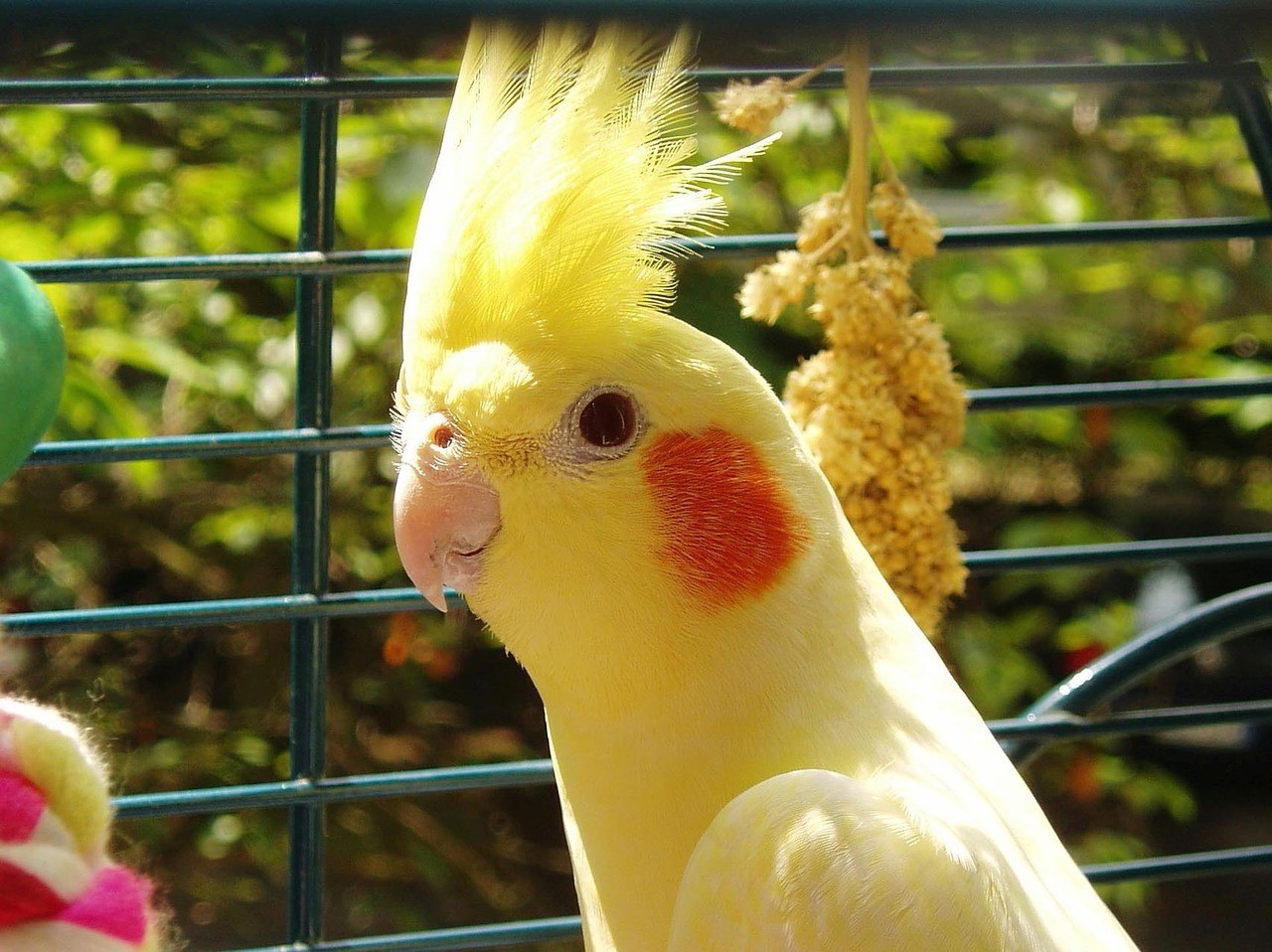
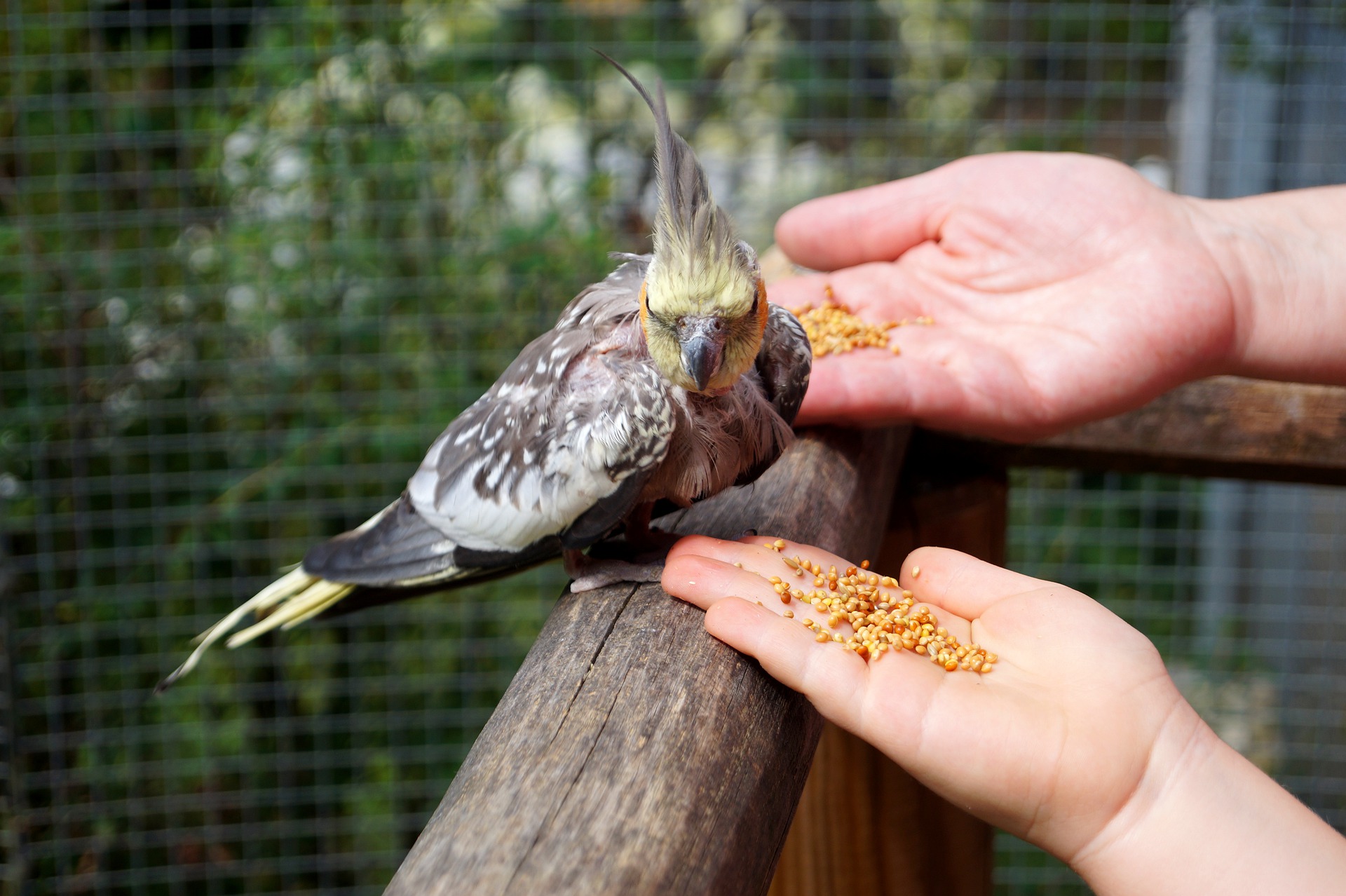
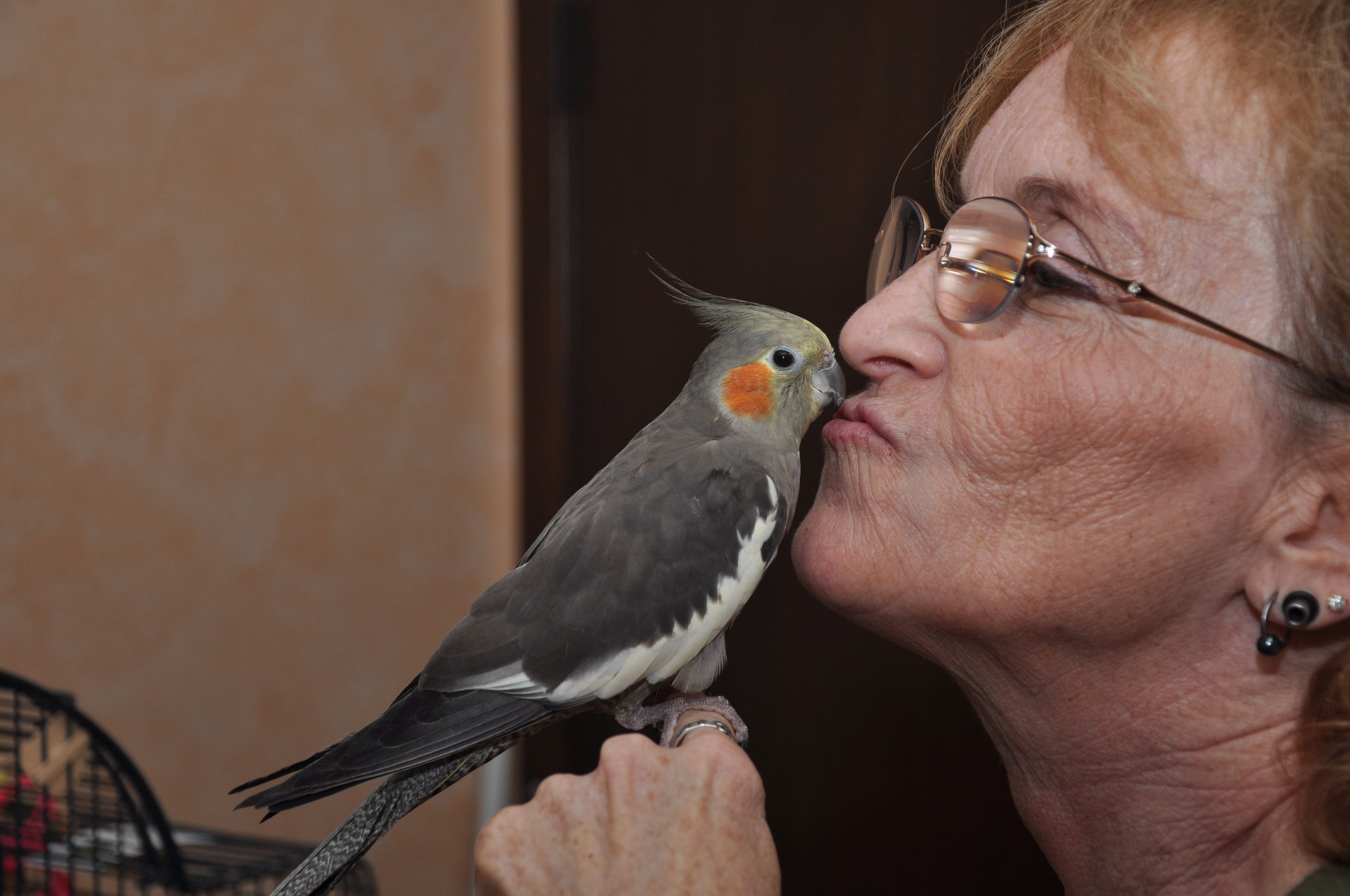
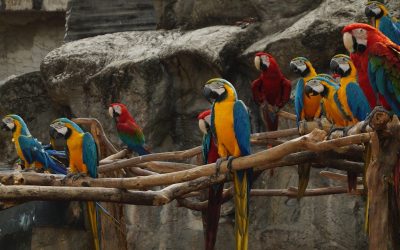
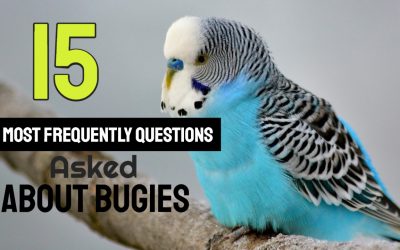
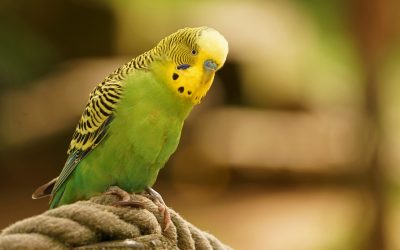
0 Comments